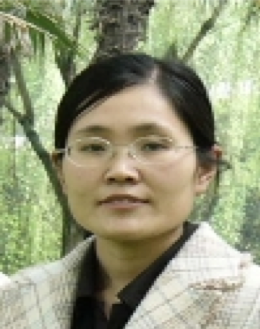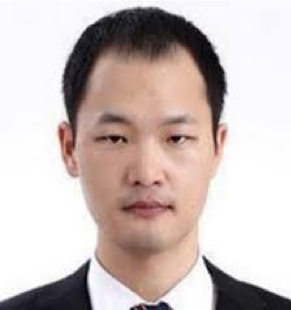The Mueller Health Foundation Drug-Resistant Tuberculosis Research Initiative
We face a worsening global crisis. Tuberculosis (TB) kills up to two million people every year and appears in every country. Increasingly antibiotic-resistant strains of Mycobacterium tuberculosis are on the rise, leading to infections untreatable with first-line and second-line drugs. Mortality from these resistant strains is estimated at 15 percent, rising to 30 percent for individuals co-infected with HIV.
The problem is not a lack of effort. Despite heroic attempts, modern medicine has so far failed to eradicate the disease. M. tuberculosis is rapidly evolving new mechanisms of drug resistance.
Uniting top scientists across multiple continents, Gil Alterovitz, PhD, FACMI, a Harvard Assistant Professor at Boston Children’s Hospital Computational Health Informatics Program, is leading an international effort to identify compound leads for new anti-TB drugs. Using a combination of predictive computer modeling and compound screening through a novel platform, the lab is striving to usher in a new class of treatments based on lesser known principles in protein interactions.
Significant research progress has been achieved towards overcoming M. tuberculosis drug resistance, especially concerning the first-line drugs isoniazid (INH) and ethambutol (EMB).
Some recent highlights from the collaboration:
Towards INH resistance:
● A promising small molecule was selected through our new model and showed anti-TB drug lead activity in silico and in vitro.
● This molecule was shown to potentially compete with INH in synergistic efficacy assay tests with common TB drugs.
● Molecular docking showed the small molecule is expected to overcome a prominent mutation corresponding to INH resistance.
Towards EMB resistance:
● In silico prediction of specific intrinsically disordered binding site in target protein led to a novel inhibitory peptide discovery to potentially overcome EMB resistance.
● Computational mimicking of this binding site led to screening of additional inhibiting chemicals through machine learning.
● Additional deep learning will improve the lead.
Other novel drug discovery research:
● Compounds isolated from traditional Chinese medicine were screened, gleaning another promising candidate for further study.
● Analogs showed great anti-TB effects in vitro.
● Derivatives were screened and studied in vitro for synergy with other drugs.
In 2019, the team will be working on additional experiments characterizing anti-TB molecules as well as further computational discovery of novel drug resistance biomarkers, and target identification.
Meet the Team
Gil Alterovitz, PhD, FACMI, is Assistant Professor at Harvard Medical School and core faculty at the Computational Health Informatics Program at Boston Children’s Hospital. He received his PhD in Electrical and Biomedical Engineering at MIT through the Harvard/MIT Division of Health Sciences and Technology.

Dr. Alterovitz brings to the program his unique expertise in the development of novel, interdisciplinary approaches in computational genomic and proteomics for biomedicine. He is PI of the TBResist Consortium, an international collaboration across 20 countries to collect and analyze genetic/phenotypic data on drug resistant tuberculosis. Dr. Alterovitz has published over 60 peer-reviewed publications and has collaborated with a diversity of experts worldwide on his research endeavors.
Huanqin Dai, Visiting Scientist, PhD (Institute of Microbiology, Chinese Academy of Sciences), specializes in validation with infectious disease practices. Charged with program management and coordination of the predictive interaction deliverables and screening/validation studies data, her bioinformatics skills and background in global compound acquisition/purification are integral to advance this project efficiently.


Insung Na, PhD, Research Fellow (Boston Children’s Hospital) of our lab, is responsible for computer-aided drug discovery. He discovered drug leads through intrinsically disordered protein region direct targeting while he was a PhD student. He applies molecular docking, molecular simulation, and machine learning for novel drug discovery.
